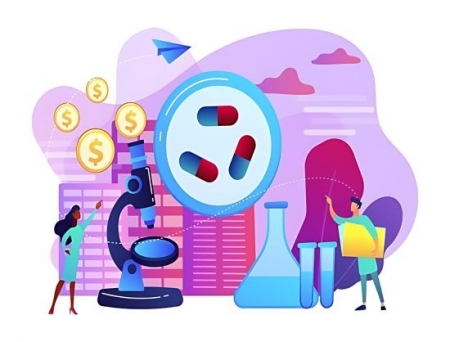Several notable branded drugs produced by Asian and European pharmaceutical companies, currently imported into the USA, are now at risk under newly proposed import tariffs. In recent statements, the USA government announced plans to impose a 100 per cent tariff on branded pharmaceutical products from firms that have not established USA-based manufacturing, unless construction of such facilities has already begun.
Analysts point to a number of high-profile medicines likely to be affected by this policy shift. These include Lenvima (by Japan’s Eisai), Crysvita (by Japan’s Kyowa Kirin), the vaccines Shingrix and Arexvy (by British firm GSK), Ozempic and Wegovy (by Denmark’s Novo Nordisk), Kymriah and Entresto (by Switzerland’s Novartis), and Comirnaty (by Germany’s BioNTech/Pfizer). Many of these products are critical to their manufacturers’ global revenue streams and are currently produced in overseas facilities in countries such as Japan, Belgium, France and Germany.
The new policy is designed to encourage greater domestic manufacturing of high-value drugs in the USA but has already provoked strong reactions from trading partners. Japan and the European Union have voiced confidence that existing trade agreements will limit the scope of the proposed tariffs on pharmaceuticals. However, critics warn that the measures could disrupt supply chains and restrict access to advanced treatments.
For many of the affected medicines, replicating manufacturing capacity in the USA would require significant investment and time. While some companies have already announced USA expansions, uncertainty remains over whether a project must be fully operational—or if simply breaking ground is sufficient—to secure a tariff exemption. Meanwhile, industry experts note that the generics sector may remain largely unaffected, as the tariffs specifically target branded and patented drugs.
This unfolding situation highlights increasing tensions at the intersection of trade policy and global pharmaceutical strategy, as international drugmakers weigh production, regulatory access and market protection amid an increasingly unpredictable environment.

















